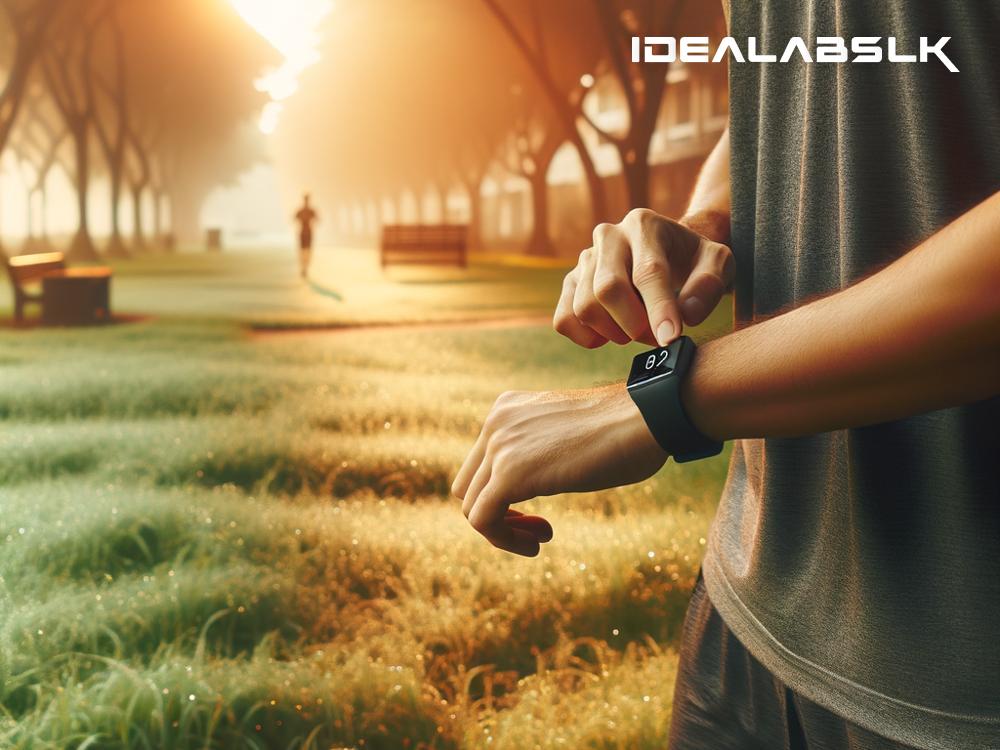How Smart Wearables Are Preventing Heart Disease: Monitoring and Early Detection
In the world of health and fitness, smart wearables are the new superheroes. They've taken on a mission far beyond counting steps or tracking calories. Today, these tiny gadgets strapped to our wrists are doing something truly remarkable: they're playing a key role in preventing heart disease, one of the leading causes of death worldwide. But how do these devices, which seem no more complicated than a digital watch, help in fighting such a serious health threat? It all comes down to monitoring and early detection.
A Sneak Peek into Our Heart Health
First, let's understand the battleground. Heart disease doesn't happen overnight. It's a result of a combination of factors including high blood pressure, poor diet, lack of exercise, and smoking. The tricky part is, many of these conditions don't announce their arrival with loud bells but instead, creep in silently, making it hard to catch them without regular monitoring.
The Role of Smart Wearables
This is where smart wearables enter the scene, equipped with sensors and technology that were once confined to medical facilities. These devices are like vigilant guards, keeping an eye on our heart health round the clock. They track various metrics related to heart health, such as heartbeat, blood pressure, and even oxygen levels in some advanced models. But their superhero talent lies in their ability to spot unusual patterns - a task that's crucial for early detection of potential heart issues.
Catching the Red Flags Early
By consistently monitoring these vital signs, wearables can catch deviations that might indicate something is amiss. For example, a sudden spike in heart rate when you're at rest could be a red flag. These devices can also track trends over time, allowing users to notice if their blood pressure is creeping up or if their resting heart rate is higher than usual. Catching these early warning signs is crucial because it's much easier to combat heart disease at the start than after it's fully developed.
The Power of Prevention
Smart wearables do more than just identify potential problems; they also promote a heart-healthy lifestyle, which is the ultimate prevention weapon against heart disease. Many of these devices come equipped with features that encourage physical activity, remind you to move if you've been inactive for too long, and even guide you through stress-reduction exercises. By fostering daily habits that support heart health, wearables make prevention an integrated part of your life rather than a chore.
Empowering Individuals with Data
Knowledge is power, especially when it comes to your health. Smart wearables provide users with a wealth of data about their heart health, giving them the tools to take charge of their well-being. This data can be incredibly valuable during doctor visits, helping healthcare providers get a clearer picture of your heart health and tailor their advice and treatment more effectively.
The Future of Heart Disease Prevention
As technology evolves, we can expect smart wearables to become even more sophisticated in their fight against heart disease. Researchers are continuously working on developing sensors that can track a wider range of health indicators and detect even the subtlest signs of heart disease earlier than ever before. What's more, advancements in artificial intelligence (AI) are making these devices smarter, enabling them to analyze data with greater accuracy and provide personalized health insights.
Embracing the Present, Looking to the Future
While the battle against heart disease is far from over, smart wearables are proving to be powerful allies. By offering continuous monitoring, early detection, and encouragement towards a healthier lifestyle, these devices are helping individuals take proactive steps towards heart health. As we look to the future, it's clear that the role of technology in preventing heart disease is only set to grow, bringing us closer to a world where this leading killer is significantly less threatening.
In conclusion, the emergence of smart wearables as tools for heart disease prevention marks a significant leap forward in healthcare. They're not just fitness trackers; they're life savers, offering each of us the chance to take our heart health into our own hands. By leveraging the power of technology for monitoring and early detection, we're opening a new chapter in the fight against heart disease, one heartbeat at a time.

